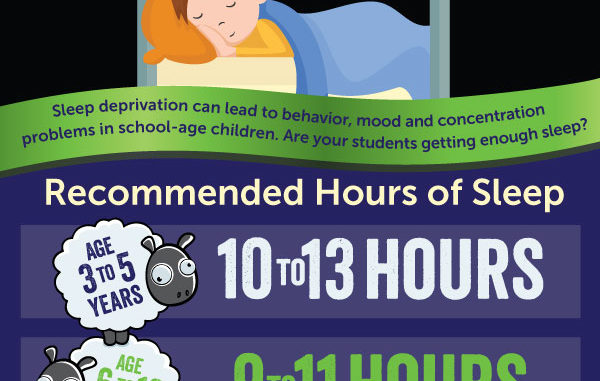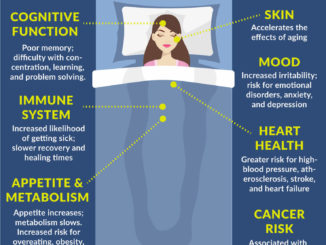
More than 180,000 people in the UK have backed a call to start the school day later so that teenagers can have more time to sleep. Teenagers are reportedly so tired that it is affecting their school work and ability to achieve their full potential. Is this proposal an indulgence, or is there a genuine case for cutting our children some slack and letting them have a lie in?
Mental health issues are an ongoing cause of serious concern, especially in our young people and finding effective ways to support them is at the forefront of many of our minds. Parents often do their best to maintain an environment where their children can have enough sleep. They may encourage a regular routine, try to introduce sensible house rules, like no technology in the bedrooms, all devices to be turned off at the same time each day, insist that everyone sits together to eat at specific meal times, but these rules are often impossible to enforce once children reach their teenage years.
Some rules make a lot of sense, can be a valuable way to encourage a better night’s sleep and help to manage stress. For example, eating together is a good way to keep an eye on how your teenager is doing, by noticing if their eating habits have changed, what their mood is like, it gives time to talk about what’s going on in their lives. Eating together helps to support a family connection, reinforce a sense of belonging and keep channels of communication open. As a parent you can also ensure that they’re eating healthy, nutritious food, at least some of the time.
Parents do need to take some responsibility for the behaviour of their children. Talking and providing an arena that encourages free and open communication is often the most positive way to demonstrate that you’re there for them, even if they elect not to speak, disclose or reveal much about their lives. When you realise though that approximately 2 million children in the UK are being raised by only one parent, usually the mother, you get a sense that there are many factors that impact on teenagers’ lives, a myriad of issues to consider, many balls that need juggling in their homes.
Teenagers are frequently more vulnerable than they like to appear. They worry about fitting in, FOMO, about being good enough, decisions they may have to make, things that are happening in their homes, whether they’re ‘normal’. Their best chosen defence is often to be surly, silent, aggressive, angry, because that’s often a successful way to deflect and shut down further discussion on touchy subjects.
Finding effective ways for teenagers to manage stress is important through providing reassurance about their looks, academic results, exam pressures, family issues. Having someone they can trust, confide in and talk to freely, maybe a grandparent, family friend, teacher, can give them significant reassurance and security.
Often children do value and appreciate the interest, love and care that comes their way. They rely on parental support being there, the unconditional love. It’s simply part of the job description for a teenager to be unforthcoming and rebellious. Oftentimes they may not understand why they are the way they are; other people don’t ‘get’ them, it’s not their fault, life’s not fair! It’s their hormones that are causing mayhem, making the changes needed to transition them into adulthood.
Starting school later in the day aims to deliver learning in a more relaxed way, tuning in to a teenager’s body clock more effectively, so enabling them to become more productive. Later starts though may initially be a cause for concern with parents, as they have to perhaps stagger transporting children to different schools, homework needs to be done later in the evenings, timings for work, several children and children’s activities having to be accommodated.
Also some lessons in life are meant to be tough, as they prepare a young adult to branch out, leave home, go to university and start adult life. There are times when we all have to learn to put on a smile, be stoic and turn up. We have to be aware of what’s already booked in our diary and plan ahead; this may mean managing our time better, taking good care of ourselves, doing preparation and homework in advance, going to bed a little earlier, all important lessons in the importance of taking personal responsibility and investing in our desired outcome of successfully living in the grown up world.
It might be a short-term solution to start the school day later, but is it a positive step in the bigger overall picture? Might there be other, more beneficial ways to support your teenager when he/she needs more sleep?
Proudly WWW.PONIREVO.COM
by Susan Leigh



